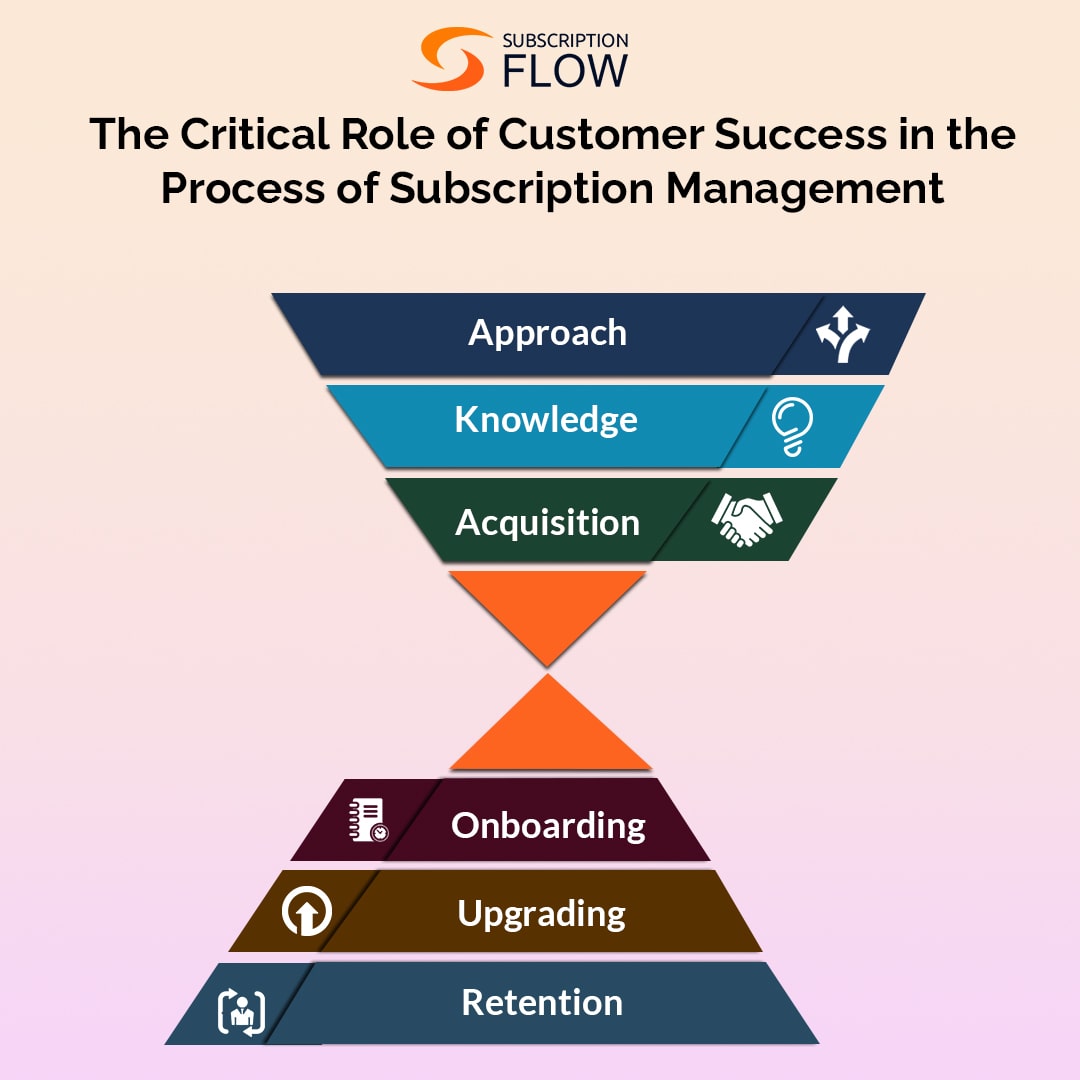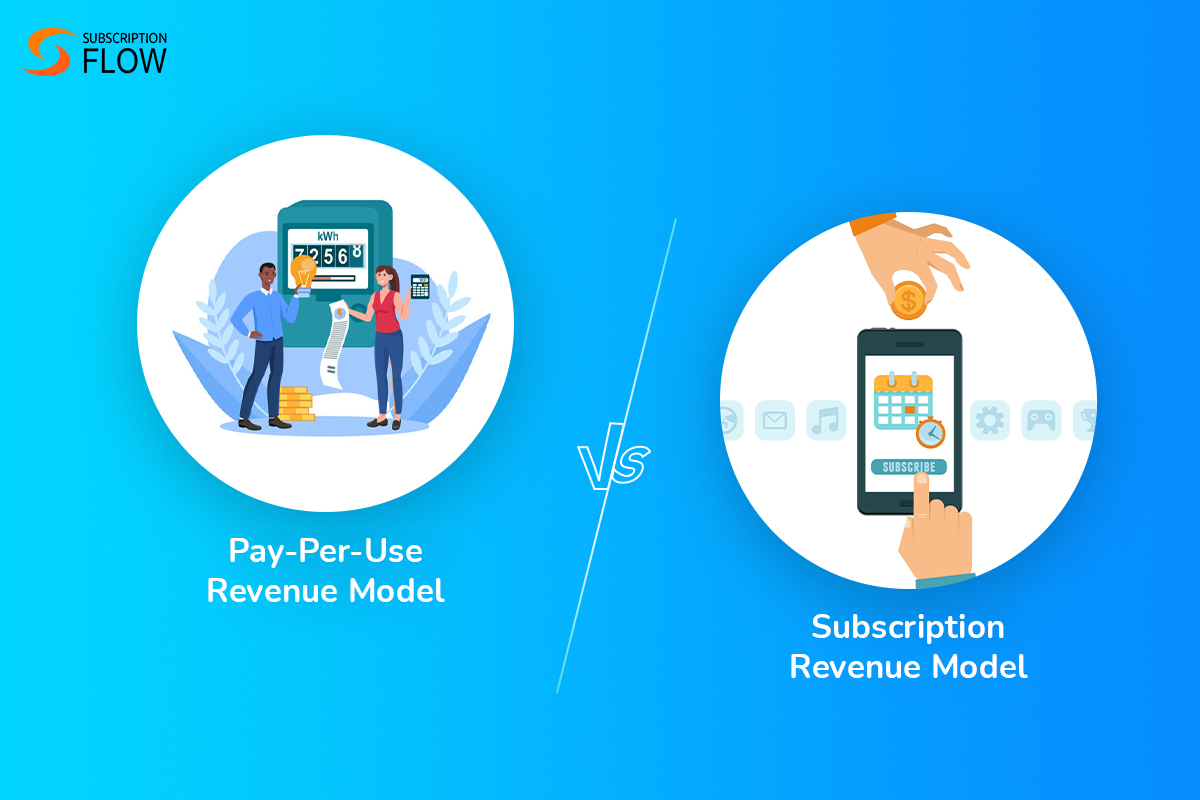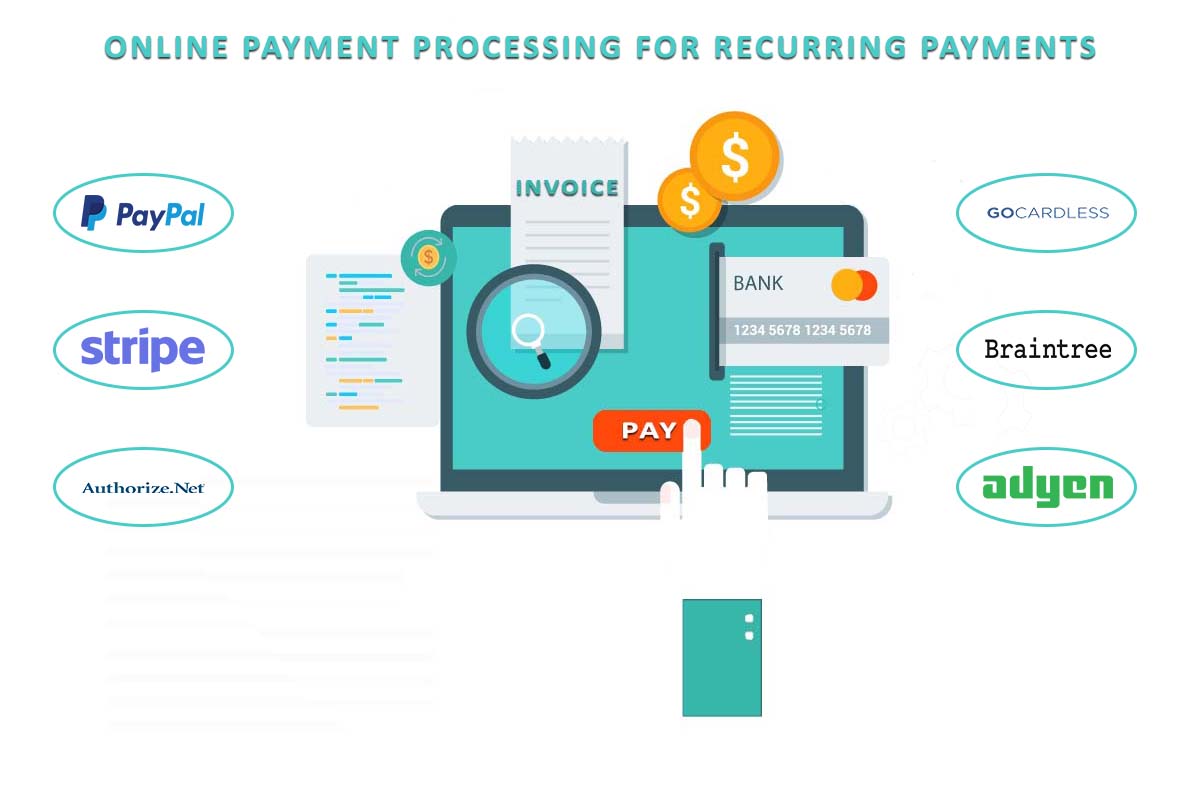
Artificial Intelligence Is Innovating the Drive For Business Process Optimization
Gone were the days when artificial intelligence is a tall tale of science-fiction literature and movies. With the inventions like Alexa, Siri, and other devices that can easily process natural language, recognize voices, and coordinate, accordingly, it is a household now.
The landscape for the implementation of artificial intelligence has also been getting bigger and better in business management. From workplace automation to the optimization of marketing and sales campaigns to building an efficient workforce, artificial intelligence is taking over business processes management from ordinary to ground-breaking functions.
This article condenses how the disrupting enterprise cognitive technologies are optimizing the business processes with data automation, decision optimization, machine analysis, and others.
Also Read: AI Technology Has Empowered Businesses to Excel in the SaaS Market
Impressions of Artificial Intelligence on Business
Businesses are showing more interest in adapting AI-powered technologies for monetary gain and optimized business process management as it can not only reduces the operational costs but also allows them to increase the productivity of their employees, stream more revenue, and enhance the overall customer experience. From manufacturing, inventory, and supply chain to HR, sales, marketing, and support, artificial intelligence is maximizing the capacities of the teams and managers.
Let’s have a quick look at how artificial intelligence is influencing and impacting the business workflow and their management:
- AI allows the business workflow to save its resources by automating everyday tasks.
- It helps to boost employees’ efficiency and overall productivity.
- AI using cognitive technologies help businesses to make faster decisions and deeper insights into numbers and patterns.
- AI systems if programmed appropriately are free from everyday ‘human errors’ or manual working mistakes and system faults.
- AI is the major precursor to devise personalized customer experiences and use them to retain customers.
- AI made the data more valuable and more significant to grow customer engagements.
- AI is doing wonders in optimizing data-driven sales, marketing, and customer support management.
- AI enables managers and executives to intelligently analyze the data or critical situations and recommend the best advice or support based on data.
Artificial Intelligence for Business Management and Workflow Automation
AI is a futuristic opportunity that enables organizations to collect, structure, segment, filter, interpret, and explain the patterns, trends, and behaviours in different sets of data.
AI, when combines with other technologies, gives more detail to the data. Today, AI is serving across business operations. We will see here, how artificial intelligence is upscaling the overall efficiency of each unit for smart business management.
-
Workplace Automation
Artificial intelligence makes machines work smartly in conjunction with human intelligence. From invoicing and billing to recurring payment collection to email and chat communications, hundreds of manual activities in a predictable and structured environment can easily be automated. AI enables your employees to automate their repetitive tasks and spend their time and effort on other more productive tasks without having to worry about mistakes or technical glitches.
-
Advertising and Marketing
AI is increasingly taking over the marketing and advertising sectors. Inbound marketing has changed customer engagement like never before. With automation, predictive analytics, self-learning, and recognition features, the advertising and marketing industry is making more sense in creating a personalized customer experience to draw more and more leads.
AI-based marketing tools are enriching the marketing world with greater insights into the customers’ data, such as purchasing habits, shopping interests, payment history, location, etc. and managing customer-centric step-by-step marketing and advertising campaigns.
Automating the marketing workflow is also a significant aspect of AI. On the flip side, automated marketing enables marketers to never lose sight of prospective clients. AI allows them to identify, segment, filter, tag, and prioritize customer engagements. Automated email marketing has been in the use by businesses of all sizes to keep in touch with customers. It is now easier, simpler, faster, and triggered.
-
Sales Management
Increasing sales is the primary goal of any business activity. Sales require continuous vigilance, cooperation, and coordination, with the internal as well as the external audience. Managing a sales pipeline is not only about cracking a deal, but it also involves maintaining the after-sales relationship to ensured customer retention.
The integration of AI to manage the sales team and workflow gives a full-fledged boost to revenue growth prospects. Artificial intelligence fuels up activity-based channeling.
AI-based Sales applications are used to channel, schedule, organize, communicate, track, monitor, and report the whole sales cycle with intuitive analytics.
Artificial intelligence-driven automation helps sales teams, managers, and executives great assistance in managing everyday tasks fast. For instance, convenience like automated personalized tips or sales action recommendation keep the sales agent alert for potential translation of a lead into a customer.
-
Billing and Finance Management
Incorporating transparency and efficiency, artificial intelligence has revived accounting, billing, and financial management with automation. Automated invoices, payment processing, revenue management, cash flow monitoring, tracking, and reporting, etc. are now the tasks that do not need consistent attention and effort.
Artificial intelligence with the integration of payment processors can help identify anomalies in customer payments history, risks associated with online payment, fraudulent transactions, and more. Not only this, but it can also offer data-driven recommendations, risks mitigations, and clustered-problems solutions.
AI analytics are used to identify revenue leakages, track inflow and outflow of the cash, predict customer engagement, and monitor payment processing in real-time.
-
Customer Support
A more personalized experience draws more customer engagement. AI has widely been used across the customer service and support sector to provide its customers with a stellar customer experience. Assisting customers with automated replies to customers’ queries, complaints, and concerns bring more ease and engagement.
Chatbots, automated notification, and reminders, instant ticket management, pre-tailored response, personalized interactions, computerized email support, programmed customer service search history, and others are some of the prime features of the use of AI in customer support.
The customer care AI bots in real-time can access the knowledge base and guides to help customers resolve their concerns.
-
Employees Management
Human Resource is harnessing the power of artificial intelligence in talent acquisition, employee recruitment, and internal and external audience management.
Using the deep learning-based AI algorithms for business-related data, workflow automation can be achieved to the extent that the work of a whole department can be shrunk to an automated computer processing task.
AI-enabled machine learning automation has been improving talent acquisition, employee recruitment, and existent employee productivity. It is a key catalyst in selecting and combining the right people with the right team.
Similarly, selecting and managing the external public other than customers like vendors, retailers, suppliers, and dealers are also becomes easy and reliable with the data-based evaluation and engagement.
Risks and Limitations of Artificial Intelligence In Businesses
It seems like AI knows no boundaries and restrictions, but it does have some limitations. AI is not the replacement of the human. Instead, it makes man-machine relations better and efficient. If it is enough efficient to save time and resources, it also has some challenges that can increase the potency of a few risks, such as:
- AI is nothing without data—the inconsistent and poor-quality data makes no sense to AI and is a challenge for posing risks to the result.
- Implementing AI technologies requires skill sets, data experts, and training resources.
- AI, initially, is a cost-driven technology.
- Usability and inter-dependability of the system with other systems and networks
- AI might pose the risks of privacy infringement, lack of transparency, and technological complexity.
- AI Algorithmic bias is more complicated to deal with than human bias.
Bottom Line;
Every technology has its pros and cons so does artificial intelligence has. But, artificial intelligence is a technology that in its current and preliminary phase has already established its authority and eligibility to drive a smart reshaping of the business trends.
No matter what the size, model, niche, and type of the business, implementing artificial intelligence in the business workflow across the departments becomes the need of the hour. It already has given rise to the highly competitive world of productivity, customer engagement, and growth.










